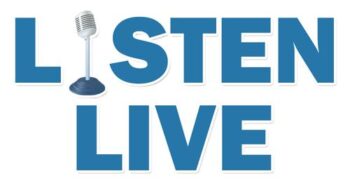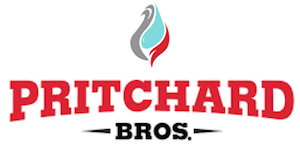BOONE, Iowa—Pedro Salazar of Des Moines, a current Liberal Arts and Pre-Engineering Program student at the DMACC Boone Campus and a 2015 graduate of Des Moines East High School, was recently selected to participate in the NASA Lucy Student Pipeline Accelerator and Competency Enabler (L’SPACE) Virtual Academy during the program’s Fall 2019 session. The virtual program is designed around NASA’s upcoming 2021 Lucy mission to explore Jupiter’s Trojan asteroids for the first time.
Over the course of 12 weeks, students in the program will learn about NASA procedures and protocols from mission professionals, and hone their collaboration and communication skills as they work on team projects with science and engineering undergraduate students from across the country.
“When I found out I had been selected to participate in the NASA L’SPACE Virtual Academy, I almost couldn’t believe it, and it’s been a great experience so far,” said Salazar, who has also worked as an IINSPIRE LSAMP research intern at Iowa State University. “Every week, we have a virtual meeting with NASA scientists and engineers about missions and procedures, and it’s fascinating how much you can learn in just one session. I would definitely recommend the program to other students.”
Each Academy participant is required to devote approximately 6-10 hours per week to virtual work and collaboration with their team. Students are faced with the same kinds of difficult decisions that actual NASA teams experience in the course of preparing missions, including engineering constraints, budget challenges, design reviews, deadlines for deliverables and uncertainties regarding scientific returns.
Students who successfully complete their program assignments and demonstrate proficiency in specific skills/tasks will earn a certificate with endorsements to show applied workforce competency.
“The Academy really gives students a sense of how projects at NASA are conducted, and I believe that will help me in the future,” said Salazar, whose long-term career goals include working at a NASA facility and creating a non-profit organization to help people with rare diseases.
After completing his studies at DMACC, Salazar plans to transfer to a four-year college or university to pursue a degree in aerospace and computer engineering and then attend graduate school.
“Pedro is the first DMACC student to participate in the (NASA L’SPACE Virtual Academy), and I’m very proud of him not only for being accepted into the program, but for taking the initiative to apply,” said Dr. Nancy Woods, DMACC Boone Campus Professor of Math and Physics. “Pedro and his team from across the country are now working together on real challenges that impact NASA missions and the future – what an incredible opportunity.”
The NASA L’SPACE Virtual Academy is being funded at $5.04 million for three years by NASA, with Arizona State University serving as the implementation lead. More than 750 students from 46 states and nearly 300 colleges and universities have been selected to participate in the program to-date.
To learn more about the NASA L’SPACE Academy, please visit https://lspace.asu.edu/.

Pedro Salazar, a current Liberal Arts and Pre-Engineering Program student at the DMACC Boone Campus, was recently selected to participate in the NASA Lucy Student Pipeline Accelerator and Competency Enabler (L’SPACE) Virtual Academy. The program is designed around NASA’s upcoming 2021 Lucy mission to explore Jupiter’s Trojan asteroids for the first time, and is a unique opportunity for undergraduate science and engineering students from across the country to collaborate with each other and NASA mission professionals.
(contributed article and photo, DMACC)









